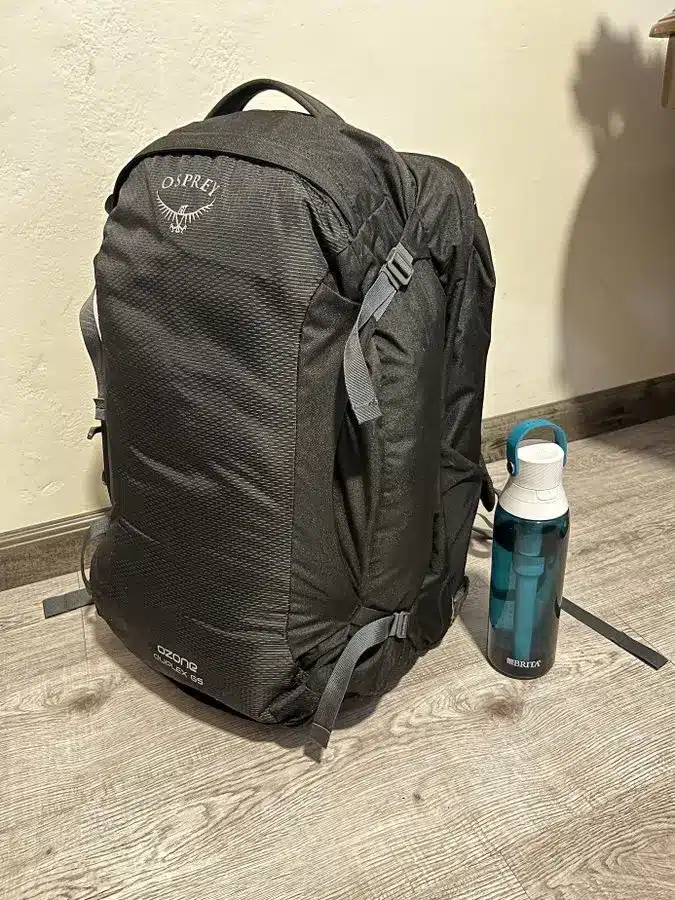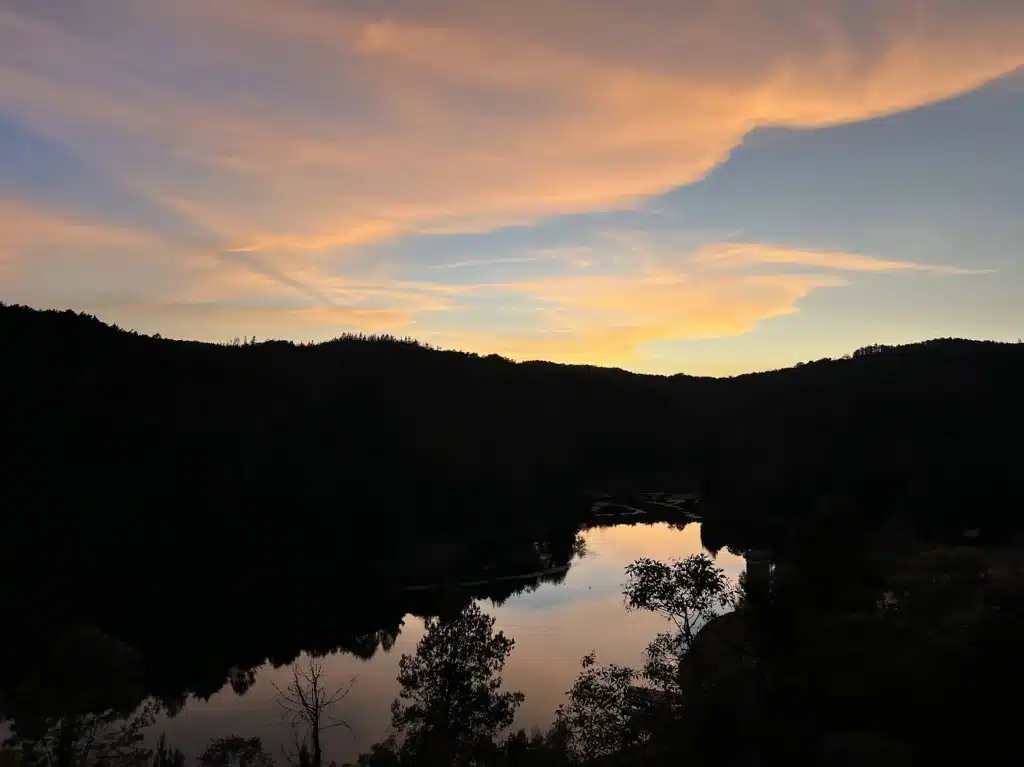I left my home country two years ago. I realized that because I run a business 100% online, I didn’t need to be in one singular place.
Rather, I could explore the world – something I had wanted to do for years but hadn’t had the opportunity while I worked for someone else.
So over the next two years, I “lived” in 7 different countries – Argentina, Colombia, Ecuador, Costa Rica, Panamá, Perú, and Uruguay.
Since you’re here in the Freedom Files, I assume this lifestyle appeals to you. Globetrotting is an incredible way to learn about yourself, the world, and your role in it. And I fully believe in the transformational power of those lessons.
But I’ve admitted to you before that this life is not sustainable over a long period of time.
But I’ve never revealed why and what you should do instead.
Until now…
Digital nomadism is dead
Aimless living
If you’ve nomaded like I have, you’ve quickly understood which characters this lifestyle attracts: Aimless, directionless backpackers.
Don’t get me wrong – I don’t have a problem with these people. Admittedly, I probably gave off the vibe that I too was an aimless backpacker for those two years. After all, I lived out of this thing:

But if you have ambitious goals to build a business and become financially free, nomadism is a really tough path to take. Success is hard in a vacuum.
On the trail, you meet interesting people. But too often, these interesting people don’t have plans for the future, aren’t making money, or have any intention to build a life of freedom (like I do).
This is fine for a short amount of time. It’s extremely fun, freeing and challenging.
But nomadic backpacking is not a permanent way of life.
The challenge of building relationships, community & routine
Another realization I had – A life of purpose and fulfillment depends on relationships.
While traveling the world and meeting a boatload of people, it’s easy to build a great quantity of relationships, especially if you stay in hostels and affordable hotels (that’s where the backpackers are).
Having friends all around the globe has changed my life.
However, at the same time, you will go through bouts of loneliness. It’s nearly impossible to build deep, quality relationships this way.
And yes, there’s a big difference.
If you live in one city for a month then another for a month then another for a month, you may run into a few familiar faces in each location. But usually, you’re meeting completely different people.
So you’re creating transactional relationship one after another, then never talking to them again. Trust me – I’ve made my fair share of connections all around Latin America. But none have stuck like the relationships I’ve made in real life.
Nomadism lends itself too much to shallow relationships.
Community, for the same reason, is impossible to build when temporarily living in each place.
Why is this important?
“Happiness [is] only real when shared.”
— Christopher McCandless
A stable routine allows you to be productive, get to know the local people and culture, and get sh*t done. Without consistency in your climate, schedule, accommodations, “third place,” etc, it’s impossible to build a time-tested routine.
This is why all the most successful world travelers I know return to the same 3-4 bases every year.
Distraction & stress
World exploration is rewarding on so many levels. It’s uncomfortable. It’s challenging. It’s intoxicating.
But for those same reasons, travel is distracting if you have big plans for your life. One day you’re learning the new language, another you’re trying out new cuisine, another you’re packing up and heading to the next destination.
Temptation is literally always around the corner.

Lack of control
Digital nomadism means surrendering control over your environment.
You can’t design your space (especially if you live in a short-term accommodation like hostel or Airbnb) the way that makes you happiest and most productive.
Over time, you build this reactive mindset rather than proactive, which again is fine temporarily but long-term, not a viable solution.
Forever responding to the stimuli around you vs. creating the stimuli yourself. You can see which attracts entrepreneurs and productive people.
As an individual (and let’s be honest, most of you are men), you should take full ownership and responsibility of your environment.
So instead… Invest with intent
It’s silly to assume the environment that serves you best right now will also serve you when you’re 39 years old, have a wife and two kids, and run a multimillion dollar business.
It’s also ridiculous to assume the country where you were born is automatically the best place to live your entire life.
But as I described above, nomadism is not the answer. But a hybrid model is:
Invest with intent.
The smartest nomads (you) test different environments with a very specific goal of investing their time, money and energy in the place that best serves them in that phase of their life.
Then when they outgrow that environment, they simple transition back into nomadism mode to “interview” new locations for their ideal lifestyle.
What does this look like in practice?
A minimum of 2-3 months in a few locations. Testing on metrics like …
- Affordability
- Business customs
- Culture
- Cuisine
- Climate
- Language
- Quality of life
- Tax environment
- Travel accessibility
- Walkability
- etc …
Then when you find an environment you enjoy and where you can see yourself long-term (define this as you wish), you double down.
- You invest your time and energy in relationships and the community.
- You may even invest your capital in businesses and the country.
- And you definitely consider residency and/or citizenship in the nation to get a more tangible return on your investment.
But when you outgrow that environment and it doesn’t serve you as well as it did in the previous phase of your life, you transition back to nomadism and test out a few others.
The goal of nomadism should be to invest your time, money and energy in environments that nourish and support you.
If you’re not benefitting from the setting in which you find yourself, why would you invest any more time (your most precious resource) or money (in the form of taxes) in an environment that doesn’t give you a great return on investment?
What I did
I nomaded in seven countries for two years. Then when I realized I was happiest and most successful in Colombia, I doubled down.
I bought real estate in Medellín and in return for my investment in their economy, got temporary residency on the way to permanent residency and eventual citizenship.
But I’m not naïve enough to think Colombia will always serve me as well as it does right now.
That’s the benefit of optionality.
Digital nomadism is dead. Long live intentional investment.


